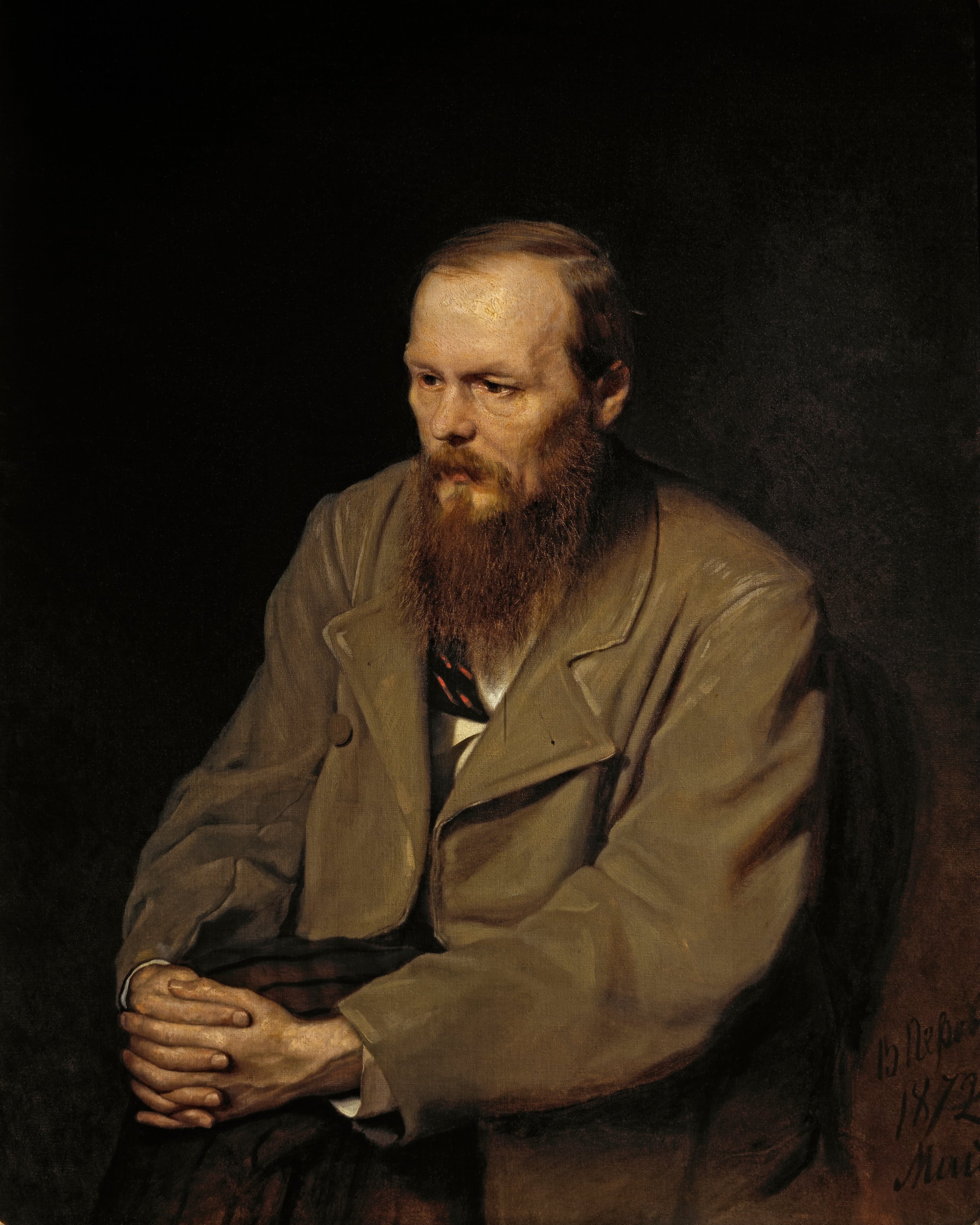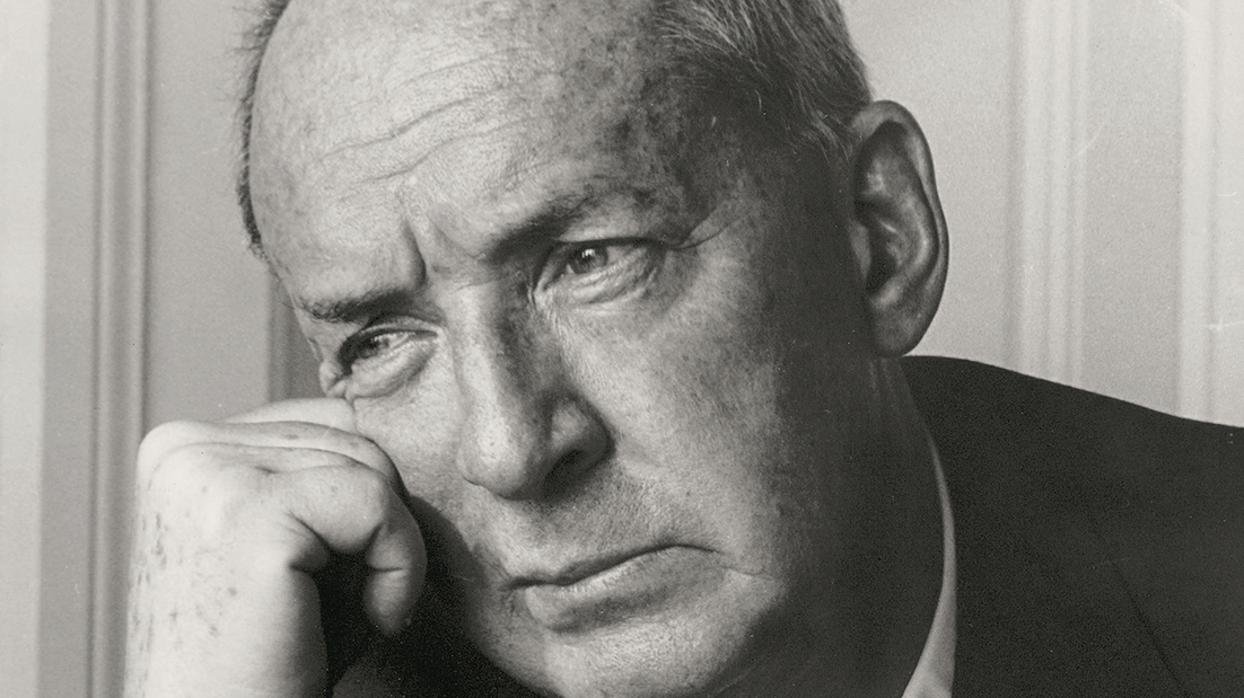Articles.





Dostovoesky at his sweet short spot - White Nights and Notes from Underground
Two sweet short novels to enter your Dostoevsky era…


The Virgin Suicides was incredible - Jeffrey Eugenides
Everyone’s favourite depressive girls…



The phoniest book is considered a classic? The Catcher in the Rye - JD Salinger
Phoney book and annoying book…